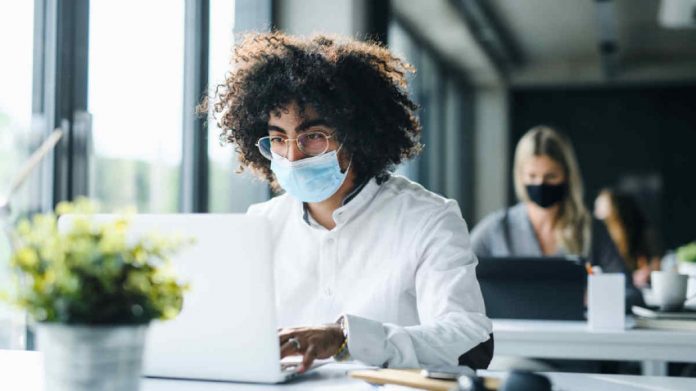Business owners know the importance of ensuring that everyone on their property is kept safe— particularly their employees. Almost 3% of all employees become injured at their workplace, resulting in employers paying for medical, rehabilitation, and possibly income through workers’ compensation insurance. It is required that all employers have workers’ compensation insurance for this reason. But what if a customer, client, or another visitor who is not an employee becomes injured on the property?
Steps to Ensure a Safe Business Premise
As a business owner, you’re responsible if someone is injured on your property— even if you’re only renting the building. Here are some ways for business owners to ensure a safe environment for their employees and visitors.
#1: Inspect Your Property Regularly
Hazards, both minor and major, can lie just about anywhere. So, it’s important to inspect your property thoroughly and regularly to ensure no potential or present hazards. Once a potential or present hazard is detected, you must correct it immediately. You can even have an insurance agent who inspects your property in this area.
Regular property inspection tasks can also be given to your employees as a part of their job, keeping them safe. Having employees committed to putting all materials back in their places, immediately cleaning up spills, and inspecting the equipment they use on visitors makes it easier for you as an employer and business owner.
#2: Post Signs
You can correct not all hazards right when they’re discovered. So it’s important to let anyone entering your property know there is a hazard they must be careful of. The most well-known example is a “wet floor” sign. The sign indicates that the floor is wet or slippery from a spill or a spill that has been recently cleaned. Slips and falls are very common injuries on all properties. So these warning signs must be posted to let your visitors know they need to be cautious. If food and drinks are not allowed on your property, there must also be a visible sign that states this.
Be aware of other hazards that haven’t affected your business’s hours of operation status, such as debris falling and even a COVID-19 liability waiver, which is required in some U.S. states.
#3: Keep Animals (Pets) in a Safe Place
Some businesses have a dog or other animal on their property, whether for safety reasons, disability reasons, or if a pet sitter isn’t available. Depending on your business type, this may or may not be appropriate. Whatever the case, you should keep animals away from people, personal property, and food. It will help you ensure that there isn’t any contamination or animal bites.
#4: Know What to Do if an Accident Occurs
Accidents can still happen no matter how many precautions you take, so you must know what to do if one occurs. First and foremost, tend to the visitor that has been injured. Next, you should make a detailed (but still accurate) accident report. Pay extra close attention to all of the accident’s details, including details about the injured visitor, as something as minor as slippery shoes could have contributed to them slipping and falling.
#5: Consult a Premises Liability Lawyer
If you’re still unsure about what injuries to your visitors constitute premises liability, consult with a premises liability or personal injury lawyer. They can tell you exactly what you’d be held responsible for if you were to have someone get injured on your property. This goes for business owners using any property type, including non-businesses or residential properties. Some lawyers can even help you with false claims of injury or even if you have been injured on another’s property. For more information on this, visit https://www.rosenfeldinjurylawyers.com/premises-liability.html.
Anyone injured on your property can file a lawsuit under the law. Not everyone may try to sue if the injury is minor. But it would be best if you assumed that anyone injured would sue to protect your business. It would be smart to obtain premises liability insurance (usually covered under general liability insurance) to protect your business from lawsuits from injured visitors, just as workers’ compensation insurance covers you for injured employees.
Recommended:
Six Business Risks Every Enterprise Should Watch Out
Business Functions That You Could Effectively Outsource
Best Color Laser Printer All in One


